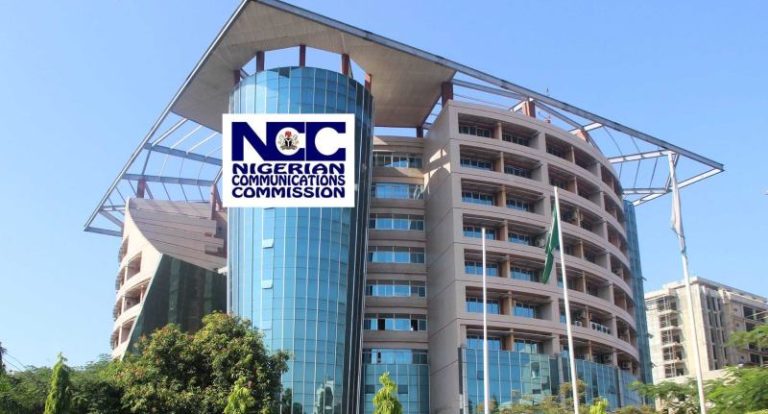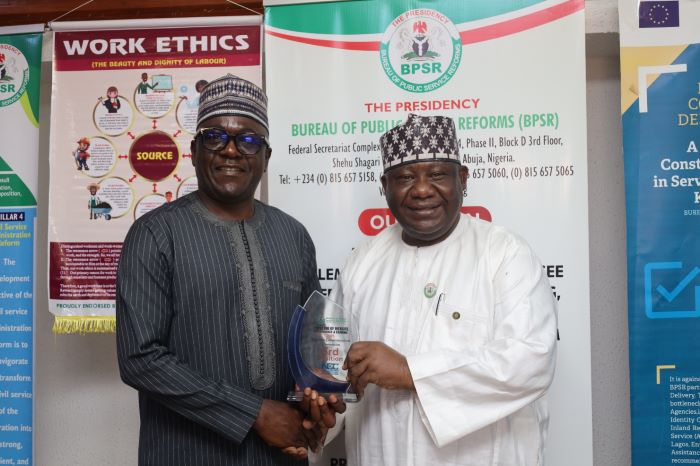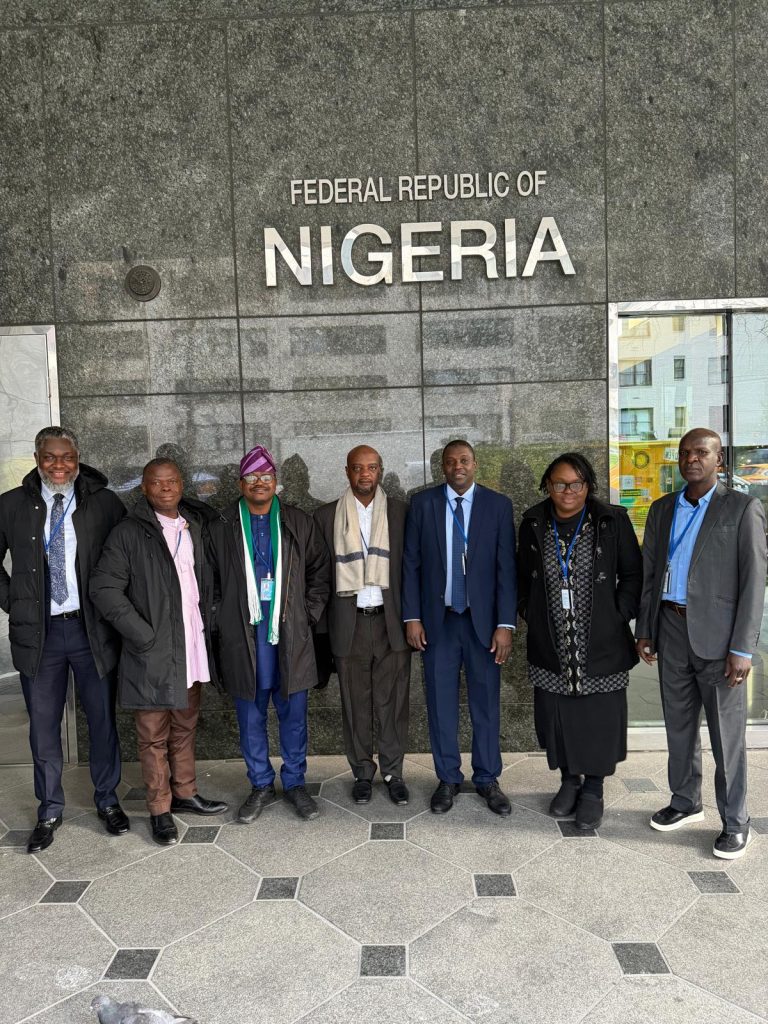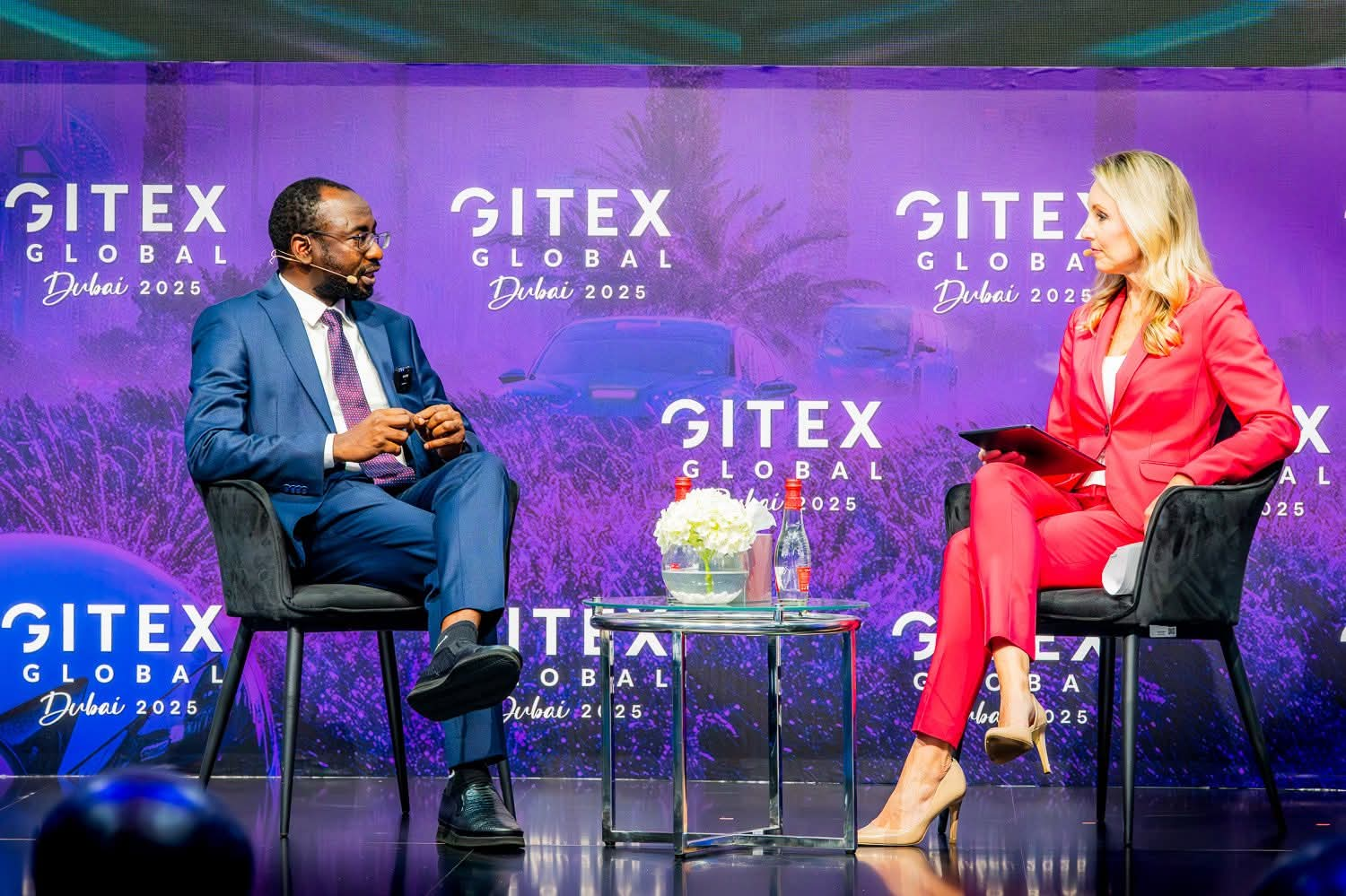
Nigeria is positioning itself as a leading hub for Artificial Intelligence (AI) innovation in Africa, with a bold vision for responsible, inclusive, and homegrown technological advancement.
This was the core message delivered by the Director General of the National Information Technology Development Agency (NITDA), Kashifu Inuwa Abdullahi, CCIE, during a high-profile Fireside Chat at the AI Stage of GITEX 2025 in Dubai.
Speaking on “Nigeria’s AI Journey”, Inuwa outlined the country’s strategic roadmap for AI development, anchored on national priorities and global competitiveness. He emphasised that Nigeria’s approach is both “deliberate and strategic,” with a focus on ethical innovation and sustainable development.
“Our vision is clear,” Inuwa said. “We aim to harness the transformative power of AI through responsible, ethical, and inclusive innovation that fosters sustainable development and international collaboration.”
A Strategic Framework for National AI Development
Inuwa revealed that Nigeria’s National AI Strategy is built on five core principles: responsibility, ethics, inclusivity, sustainability, and collaboration. These values, he stated, are central to every initiative and decision within the country’s AI ecosystem.
The strategy itself is structured around three key objectives and five strategic pillars:
- Building foundational AI infrastructure
- Strengthening the innovation ecosystem
- Accelerating AI adoption in critical sectors
- Promoting responsible and ethical AI use
- Establishing effective governance mechanisms
Real-World Impact Across Key Sectors
Inuwa detailed how AI is already being deployed across various sectors to solve local problems and drive growth. In agriculture, AI tools are helping farmers make data-driven decisions through real-time insights on soil conditions, weather patterns, and crop health. In healthcare, AI is improving diagnostics and expanding access to services in underserved areas. Education is also being transformed, with AI literacy being introduced into formal learning systems to equip the next generation for the digital economy.
“In finance, AI is being used to detect fraud, expand credit access, and support financial inclusion,” Inuwa added.
He also spoke on the government’s ambition to integrate AI into public services, envisioning a future where routine tasks like obtaining passports or business permits could be completed within minutes.
“AI can help rebuild trust in public institutions by making services faster, smarter, and more transparent,” he noted.
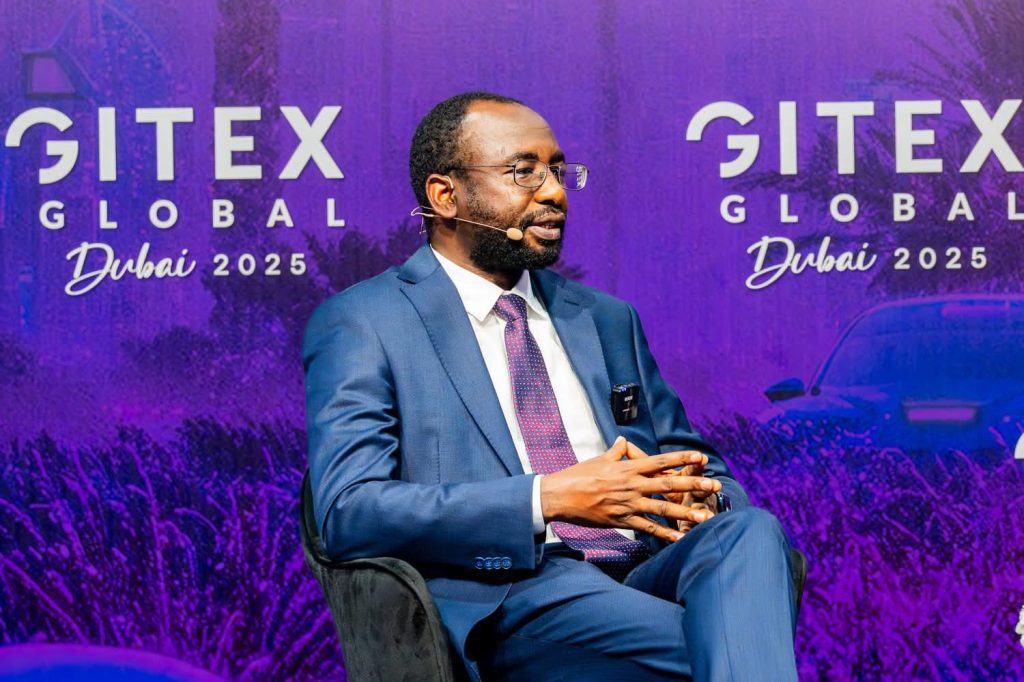
Embracing Homegrown Innovation
Highlighting Nigeria’s digital readiness, Inuwa shared that over 70% of Nigeria’s online population is already engaging with generative AI tools—significantly above the global average of 48%. He attributed this to the country’s young, tech-savvy population and proactive investments in digital capacity building.
Key national programmes include:
Digital Literacy for All (DL4ALL), targeting 95% national digital literacy by 2030
3 Million Technical Talent (3MTT), one of the world’s largest digital upskilling initiatives
A nationwide policy integrating digital literacy into all levels of education
In a major announcement, Inuwa also unveiled Nigeria’s plan to develop its own indigenous Large Language Model (LLM), dubbed M-ATLAS.
“With over 500 languages and numerous dialects, Nigeria requires an AI model that understands its unique linguistic and cultural diversity,” he explained. “M-ATLAS will reflect our identity and eliminate bias often present in foreign models. We’re not just translating languages—we’re preserving meaning, context, and culture.”
Africa’s AI Opportunity
Drawing parallels with Africa’s rapid mobile adoption in the past two decades, Inuwa expressed confidence that the continent could leapfrog again—this time in AI. The difference, he said, lies in building the future from within.
“AI is not about machines replacing humans—it’s about amplifying human potential. It’s strategy first, technology second,” he concluded. “Used responsibly, AI can multiply Nigeria’s productivity and innovation tenfold—or even a hundredfold. That is the future we are committed to building.”


